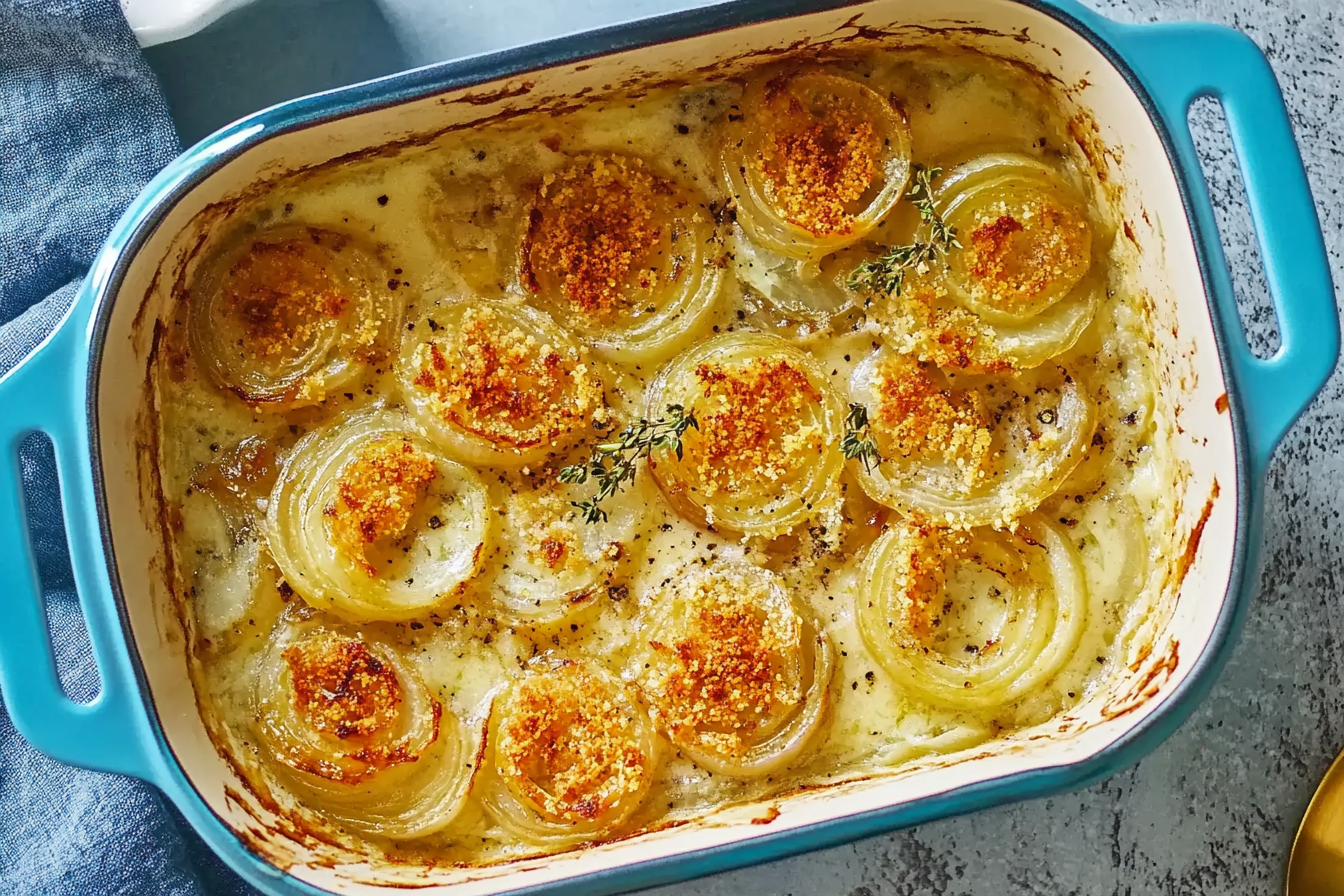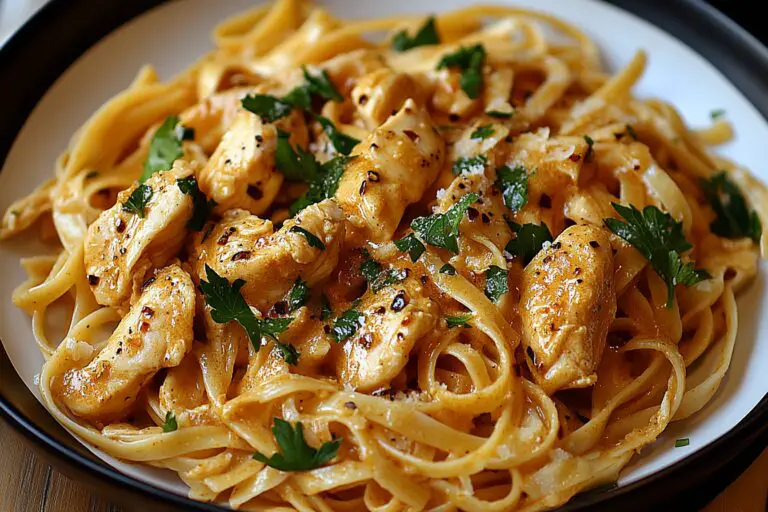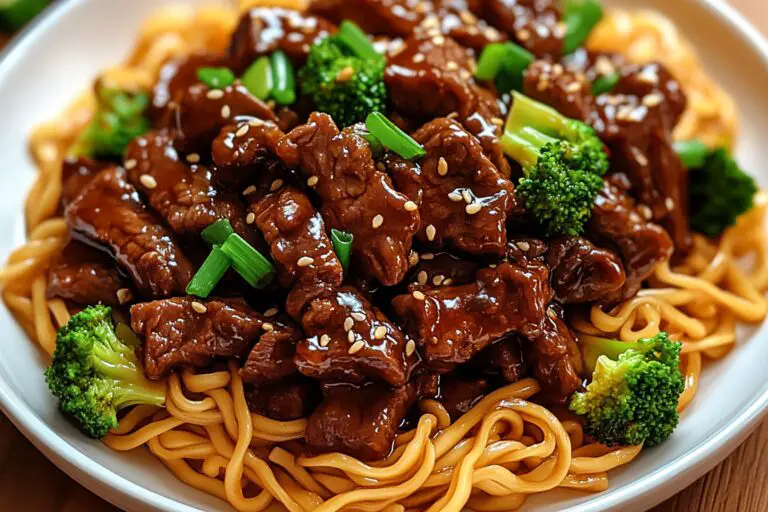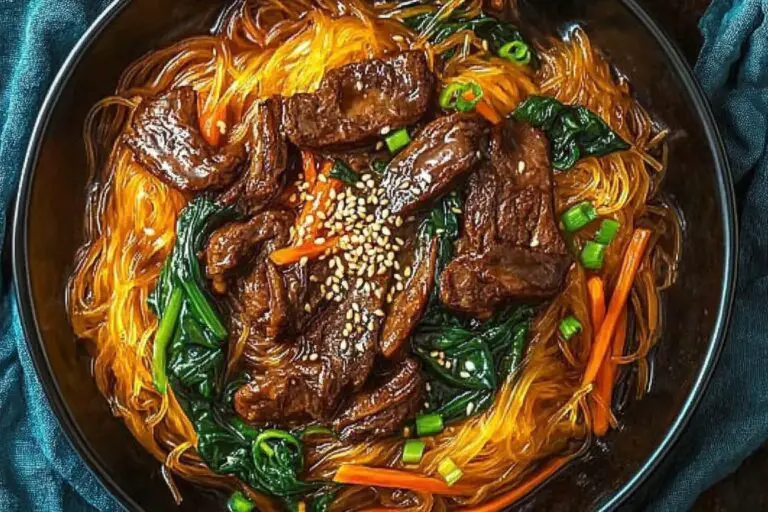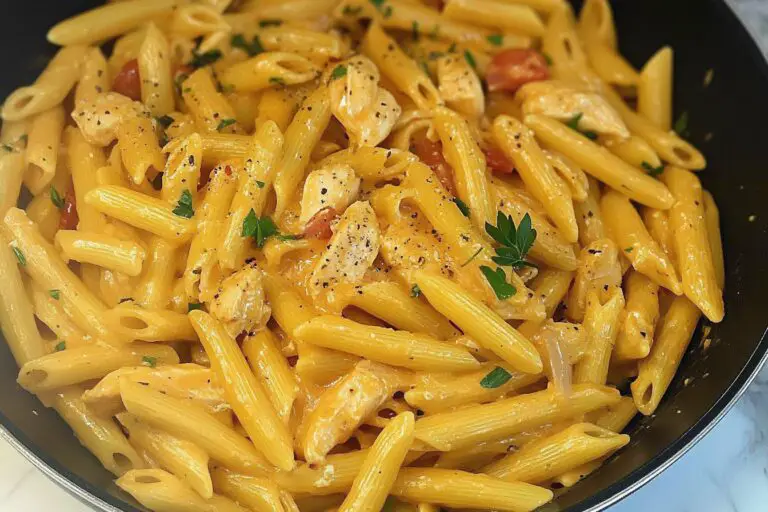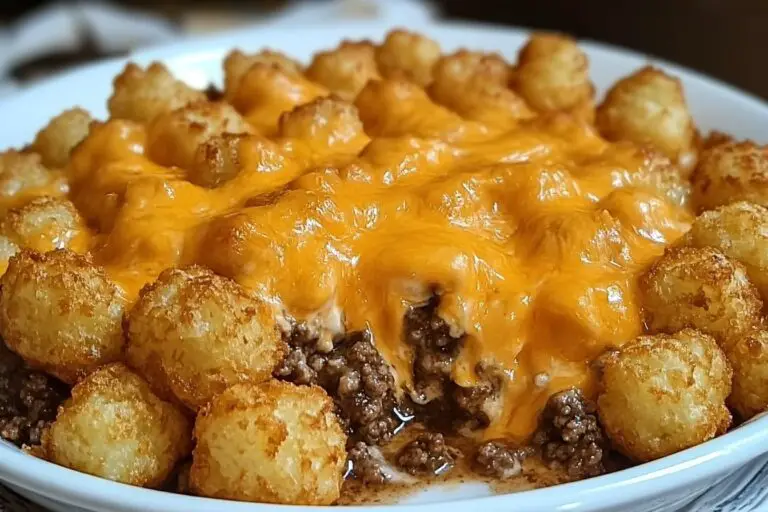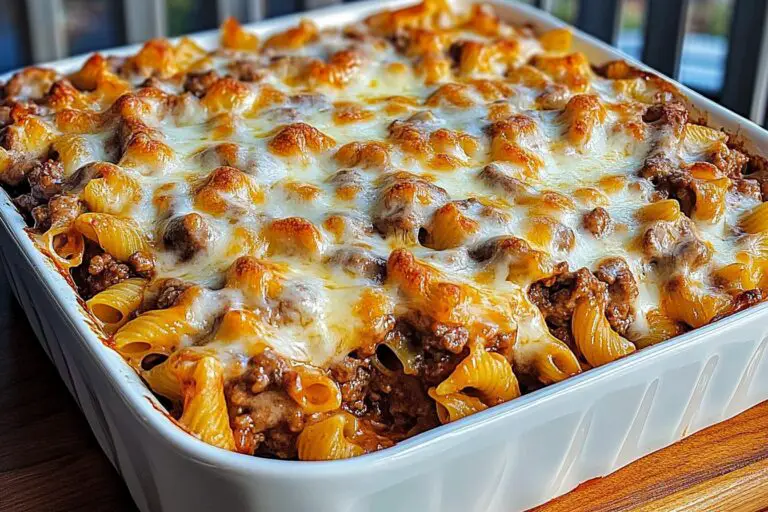Tennessee Onions
Introduction
Tennessee onions, known for their sweet and mild flavor, have gained popularity in Southern cooking. This article explores the versatility of these onions, highlighting how they can enhance a variety of dishes.
Detailed Ingredients with measures
– 4 medium Tennessee onions, sliced
– 2 tablespoons olive oil
– 1 teaspoon salt
– 1 teaspoon black pepper
– 2 tablespoons balsamic vinegar
– 1 tablespoon honey
– Fresh herbs for garnish, such as thyme or parsley
Prep Time
Prep time for this recipe is approximately 15 minutes.
Cook Time, Total Time, Yield
Cook time is about 30 minutes. The total time from prep to serving is approximately 45 minutes. This recipe yields about 4 servings.
Detailed Directions and Instructions
Step 1: Prepare the Onions
Begin by selecting your Tennessee onions. Peel the outer layers and trim the root ends. Depending on your preference, you can slice them into rings or dice them.
Step 2: Soak the Onions
Soak the prepared onions in cold water for about 30 minutes. This helps reduce their pungency and enhances their sweetness.
Step 3: Seasoning
After soaking, drain the onions and pat them dry with a paper towel. Season with salt, pepper, and any additional spices of your choice to enhance flavor.
Step 4: Cooking Method
Choose your preferred cooking method: grilling, roasting, or sautéing. If grilling, preheat the grill and cook the onions in a grill basket or wrapped in foil for about 15-20 minutes, turning occasionally. For roasting, place them on a baking sheet and roast at 400°F for 25-30 minutes until tender and caramelized.
Step 5: Serving the Onions
Once cooked, remove the onions from the heat and let them cool slightly. Serve warm as a side dish or as a topping for burgers, sandwiches, or salads.
Step 6: Storing Leftovers
If you have any leftover cooked onions, store them in an airtight container in the refrigerator for up to five days. Reheat in the microwave or on the stovetop before serving again.
Notes
Note 1: Onion Selection
Choose fresh Tennessee onions that are firm and free from blemishes for the best flavor and texture.
Note 2: Flavor Variations
Feel free to experiment with different herbs and spices during seasoning, such as thyme, rosemary, or garlic powder, to create unique flavor profiles.
Note 3: Cooking Times
Cooking times may vary based on the size of the onion pieces and the cooking method used. Adjust as necessary for desired doneness.
Note 4: Pairing Suggestions
Tennessee onions pair well with grilled meats, roasted vegetables, or as a tasty addition to frittatas and quiches.
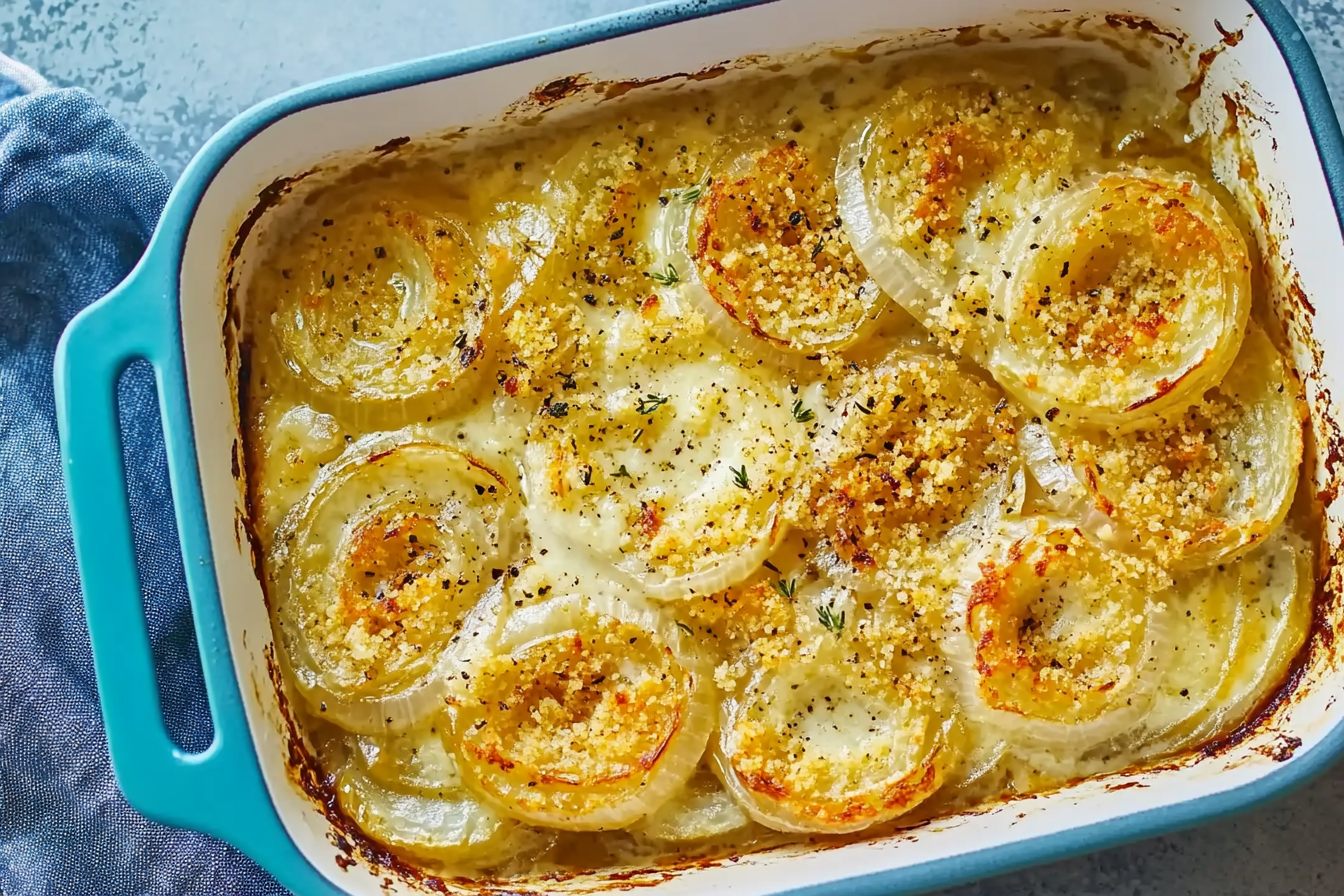
Cook techniques
Caramelizing
Caramelizing onions enhances their natural sweetness, creating a rich flavor perfect for various dishes. This technique involves cooking the onions slowly over low heat until they turn golden brown.
Grilling
Grilling onions adds a smoky flavor and brings out their natural sweetness. Cut onions into thick slices or wedges, brush with oil, and place them on the grill until they are tender and charred.
Sautéing
Sautéing onions quickly in a pan with a bit of oil or butter makes them soft and translucent. This method is great for starting sauces, stir-fries, and various dishes that require aromatic flavors.
Pickling
Pickling onions involves soaking them in a vinegar solution, which tangy flavors and preserves their crispiness. It’s a fantastic way to add acidity and brightness to salads and sandwiches.
Roasting
Roasting onions brings out their sweetness through the caramelization process in the oven. Whole onions or wedges can be roasted until golden and tender, making them an excellent side dish.
Frying
Frying onions results in crispy, golden-brown pieces that can be used as a topping for burgers, casseroles, or salads. They can be battered and deep-fried for added crunch.
Blanching
Blanching onions involves briefly boiling them and then cooling them in ice water, which helps to soften their sharp bite. This technique is useful for salads and dishes where raw onions are desired.
FAQ
What onions are best for caramelizing?
Sweet onions, like Vidalia or Walla Walla, are ideal for caramelizing because they have a high sugar content that enhances the sweetness during cooking.
How long does it take to grill onions?
Grilling onions typically takes about 10 to 20 minutes, depending on the thickness of the slices and the heat of the grill.
Can I sauté onions in advance?
Yes, you can sauté onions in advance and store them in the refrigerator for a few days. Just reheat them before serving to enhance their flavor.
What is the best vinegar for pickling onions?
White vinegar, apple cider vinegar, and red wine vinegar are all great options for pickling onions, each imparting a unique flavor.
How do I know when roasted onions are done?
Roasted onions are done when they are tender, caramelized, and have a deep golden-brown color, usually taking about 30-40 minutes in the oven at 400°F.
Conclusion
Using Tennessee onions in your cooking can elevate a variety of dishes with their unique sweet and mild flavor. Whether caramelized, grilled, or used raw in salads, these onions add depth and character. Their versatility makes them an essential ingredient in both traditional Southern recipes and modern culinary creations.
More recipes suggestions and combination
Grilled Tennessee Onions with Steak
Enhance a classic steak dinner by grilling Tennessee onions alongside for a sweet and smoky flavor profile.
Tennessee Onion and Tomato Salad
Combine fresh Tennessee onions with ripe tomatoes, basil, and a drizzle of balsamic vinegar for a refreshing summer salad.
Tennessee Onion Quiche
Incorporate sautéed Tennessee onions into a savory quiche filled with cheese and your choice of vegetables for a hearty brunch dish.
Caramelized Tennessee Onion Dip
Prepare a creamy dip featuring caramelized Tennessee onions, perfect for serving with chips or vegetable sticks at gatherings.
Tennessee Onion Soup
Create a warming soup by simmering Tennessee onions in broth, topped with crusty bread and melted cheese for a delightful twist on the classic French onion soup.

